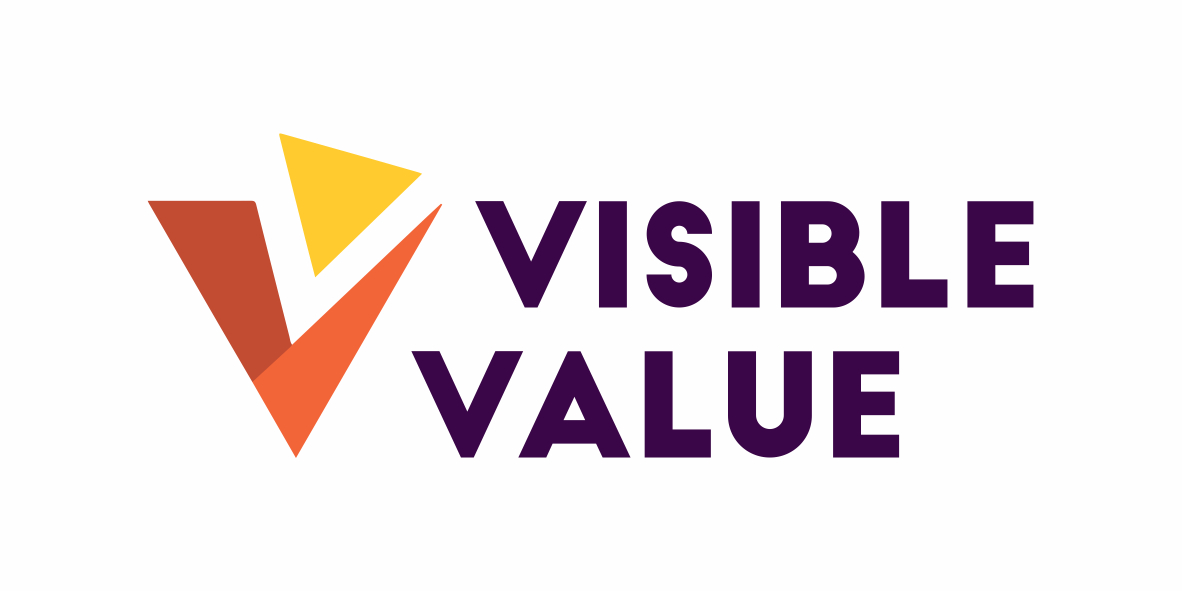Country Snapshots: Recognition of Youth Work
This section of the Visible Value aims to provide a quick overview of the state of the affairs about the recognition of youth work in the countries covered by EU-CoE Youth Partnership. In total it covers 53 country profiles (including 3 profiles for Belgium and 4 profiles for the UK).
The content in this section is based on several sources, including:
- Country reports on youth work collected by EKCYP correspondents: https://pjp-eu.coe.int/en/web/youth-partnership/country-information-youth-work
- EU Youth Wiki - an online platform presenting information on European countries' youth policies: https://national-policies.eacea.ec.europa.eu/youthwiki
- Forthcoming national contributions of the Non-programme countries to EU Youth Wiki
- An additional survey done by the editors of the Visible Value in 2021
The sources of information are indicated at the end of each profile.

The definition given by the National Association of Youth Work Practitioners (NAPOR) in Glossary of Youth Policy is more detailed as youth work is seen as professional, pedagogical work with young people, that takes place outside the system of formal education, i.e. within youth leisure time and in which young people participate on a voluntary basis. Youth work is complementary to formal education. It is a planned (and continuous) educational process, created with the purpose of providing support to young people in the process of gaining independence. Youth work is carried out by youth workers, who help young people in personal and social development to become active members of society and participants in the decision-making process. The idea of youth work is based on creating a safe environment and opportunities for active participation of young people. Young people in youth work acquire competencies for employability, re-examine and build their values and attitudes, and thus their identity.
In its Glossary, NAPOR makes the distinction between non-formal education and youth work. The main differences are reflected in the methods in use. Namely, the methods of youth work are of a wider scope and include the methods of non-formal education, without being limited only to them. In addition to them, numerous methods are used that aim to encourage the emotional and social development of young people. Non-formal education may include a variety of target groups, not just young people, as is the case in youth work. In addition, whereas participants in non-formal education can be “passive beneficiaries”, youth participating in youth work is active and can often independently carry out some of the activities.
Since the beginning of 2019, a new Classification of Occupations has been in force in Serbia, which included total of 3,641 occupations. A youth worker as a profession was included as well under the code 3412.03. Recognition of occupations enables the placement of competent youth workers in the chain of systemic care for young people, which should respond to the problem of sustainability of youth programmes, as well as the cooperation of various actors in youth policy. This is a major step towards recognition of skills gained through youth work even though the occupation is still not officially part of National Qualification Framework document adopted in 2018.
There is no specific form of formal education leading to a qualification as youth worker. In addition, no training for continuous professional development, either directly organised or funded by public authorities is available to youth workers. Most of the education is provided through non-formal education conducted by NGOs.
The arrangements and mechanisms for skills recognition at the state level are yet to be fully developed. Even though the system of recognition of non-formal education at the moment exists only at the level of NGOs, inclusion of youth worker in the Classification of Occupations was a major step towards recognition of skills gained through youth work.
As stated in the Conclusions of the CoE on youth policy in Serbia, National Association of Youth Work Practitioners - NAPOR has since 2009, secured several significant milestones related to the recognition of non-formal learning and youth work in Serbia:
1. the adoption of Guidelines for quality assurance of youth work;
2. the development of standards of qualifications in youth work on three levels:
- youth leader;
- youth worker;
- specialist for youth work and policies;
3. development of standards for youth work programmes and a mechanism for its implementation ((re)accreditation process of youth work programmes based on eight standards) that ensures building necessary skills and life values of young people to take active participation in community development along with promotion of democratic principles
4. development of non-formal education curricula for two vocational standards in professional youth work:
- Youth leader
- Youth worker
5. the development of mechanisms for the validation of acquired competences in relation to the abovementioned qualifications;
6. the creation of the Ethical Code of Youth Work and establishment of Council for Ethical Issues.
7. creation of a tool for recognition of competences of young people gained through youth work programmes and NFE (Passport of Competences).
NAPOR has created the tool for recognition of competences of young people gained through youth work programmes (Passport of Competences) and implemented it in cooperation with the Ministry of Youth and Sports and other relevant actors from the public, private and civil sectors. They contribute to the development of the Passport and mechanism for improvement of youth employability through an inter-sectoral consortium. Main purposes of this tool are:
- recognition of transferable skills (competences) that young people gain through youth work programs by employers and
- more efficient planning of professional and personal improvement of young people and recognition of the impact of youth work on development of young people.
The Ministry of Youth and Sports and other relevant actors from the public, private and civil society sectors co-operate in this process, developing the Passport and aiming to improve youth employability.
In addition, young people participating in international activities within the Erasmus+ Programme are encouraged to use YouthPass – recognition tool for non-formal and informal learning in youth projects.
(From the Youth Wiki)

